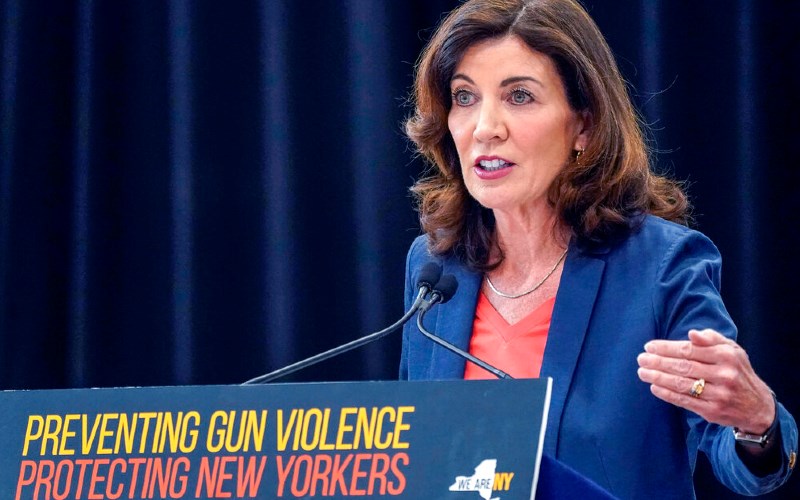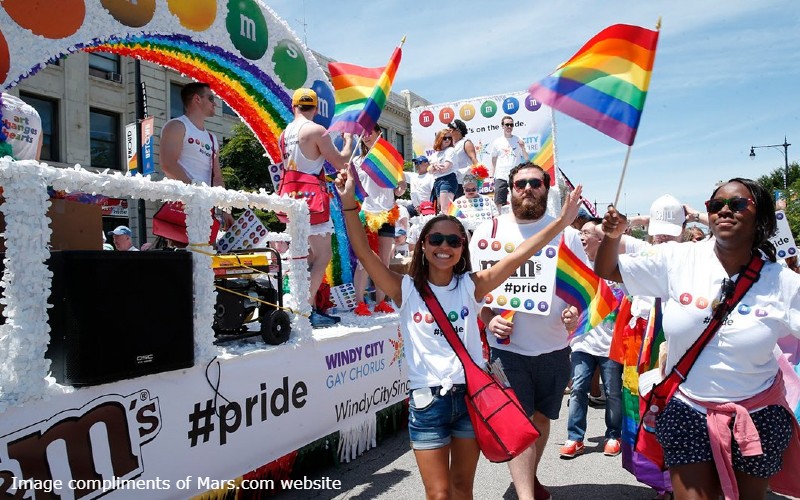In the June ruling from the high court, a 6-3 decision that favored New York Rifle and Pistol Association, Justice Clarence Thomas stated in his majority opinion the Second Amendment protects "an individual's right to carry a handgun for self-defense outside the home."
The ruling, which came after a 2020 lawsuit, upheld the gun club’s challenge to a state law in which New Yorkers must cite a specific and ongoing threat to their safety. Even living in a high-crime neighborhood did not meet that standard but Thomas scorched the state government for demanding a “special need” standard from people whose right to self-defense is stipulated by the U.S. Constitution.
 Now that three months have passed since the ruling, New Yorkers are watching their Democrat leaders throw up numerous hurdles to obtain a concealed carry firearms permit. Just days after the ruling, Gov. Kathy Hochul signed onerous gun permit legislation that requires 16 hours of classroom training, then two hours of live-fire exercises, and an in-person interview, among other demands. That law took effect Sept. 1.
Now that three months have passed since the ruling, New Yorkers are watching their Democrat leaders throw up numerous hurdles to obtain a concealed carry firearms permit. Just days after the ruling, Gov. Kathy Hochul signed onerous gun permit legislation that requires 16 hours of classroom training, then two hours of live-fire exercises, and an in-person interview, among other demands. That law took effect Sept. 1.
Among the most controversial portions of the four-page permit application is a section requiring four references for “good, moral character." A similar section demands the applicant list “former and current social media accounts” for the past three years.
In addition to those stringent hurdles, the new state law blocks permit holders from possessing a firearm at a long list of “sensitive” places including schools, libraries, public parks, summer camps, churches, subways, buses, stadiums, theaters, amusement parks, and Times Square. That list also blocks permit holders from carrying a concealed weapon at any public protest where a crowd has gathered.

Getting caught with a firearm in those restricted areas, even with the permit, is a Class E felony that is punishable with up to four years in prison.
Mike Hammond, legislative counsel for Gun Owners of America, tells AFN the national gun rights group sued in federal court to challenge the onerous permit requirements in the misnamed Concealed Carry Improvement Act. But the promising lawsuit was dismissed after Judge Glenn T. Suddaby said the plaintiffs did not have standing to challenge the law.
“The judge said this is clearly unconstitutional,” Hammond says of the ruling, “but there is nothing you can do about it and he threw out the case.”
Despite the technical ruling, Judge Suddaby ripped the state government in a 78-page opinion that said the list of restricted places ignores the Supreme Court ruling.
The state legislature, the judge wrote, had "generated an unconstitutional ruling," The New York Post reported.







